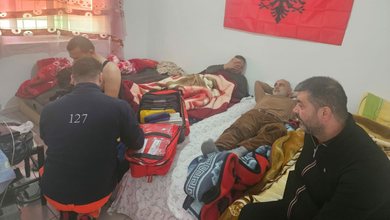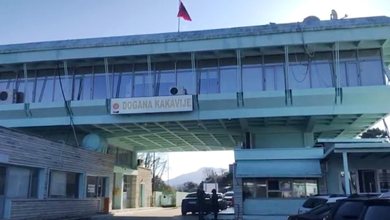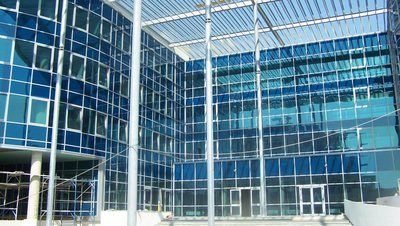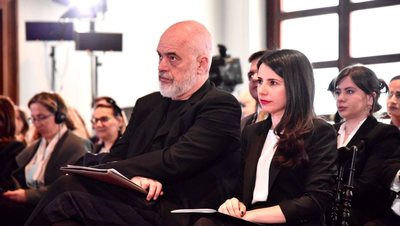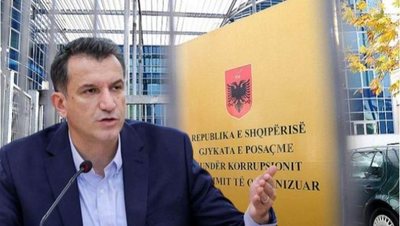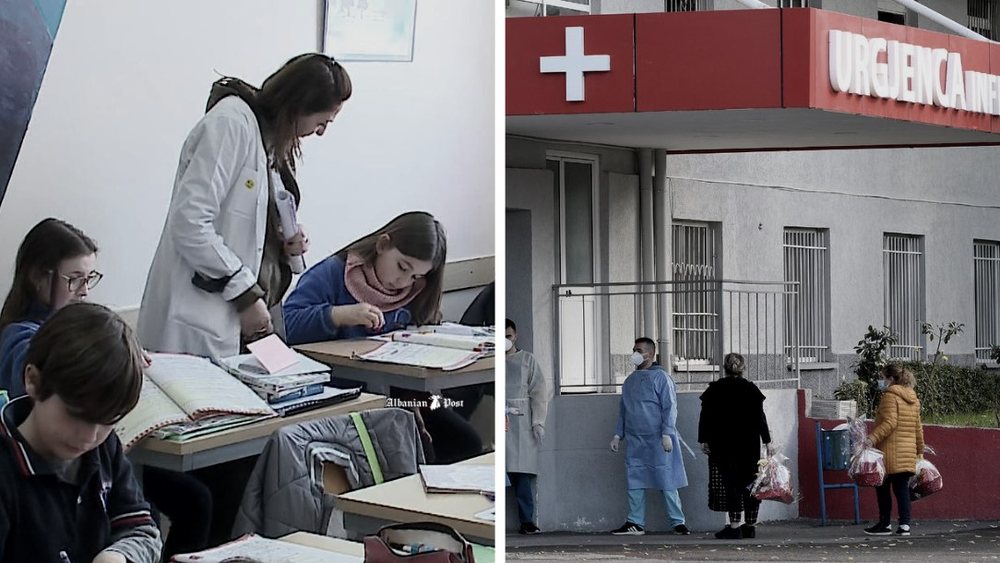
At a time when Albanian public finances present a rare picture for the region, with a budget in surplus and growing revenues, the government's priorities once again appear reversed.
In the latest budget review, funds for education and health have been cut for the sixth year in a row, confirming a trend that has become the norm: the two most important sectors for the country's long-term development are receiving less and less budgetary attention.
According to official data, education expenditures in relation to budget revenues have been continuously declining since 2019, when they accounted for 11.4% of total budget funds.
In the initial 2025 budget, the Ministry of Education had forecast 62 billion lek, or 8.2%, but after the review, the funds were reduced to 61 billion lek, representing only 7.3% of total expenditures.
The same picture is repeated for health, where funds have nominally increased less than the total budget itself. While general government spending expanded by 6.7% compared to 2024, those for health only by 3.6%.
As a result, the share of health in public spending fell from 10.45% last year to 9.7% this year – a decline that indicates a lack of priority for a sector that is the basis of welfare and social security.
This trend is not justified by a lack of funds. On the contrary, the state budget has created a surplus, which means that the government has more revenue than it spends.
According to data from the Ministry of Finance, in the first nine months of 2025, the state budget resulted in a surplus of 47 billion lek for the third consecutive year. Almost half of the surplus, an amount of 23.3 billion lek, came from the under-execution of public expenditures.
So what is missing is the ability to use these resources productively and with sustainable impact. In education and health, the reduction of funds at the end of the year is related to the non-use of existing funds, which indicates management deficiencies, which at best come from incompetence.
If spending on roads and infrastructure increases every year, even in situations where there is considerable uncertainty as to whether the real costs of infrastructure are those presented in institutional reports, as well as with unsatisfactory quality, education and health, two sectors that are quite problematic for the quality of the service they provide, are becoming "victims" of a fiscal planning that prefers tenderable investments, with a quick return on the procured funds and with a focus on a number of businesses close to the government over long-term investment in human capital and that ensures a healthy and broadly beneficial redistribution of public revenues.
Moreover, the poor quality of service in these sectors is one of the important factors that encourages the emigration of Albanians, reinforcing the negative effect.
In fact, both sectors are the foundation for any country that aspires to integration into the European Union, but the road to that goal seems increasingly long.
According to the Vienna Institute for International Studies, Albania is among the countries with the slowest progress in convergence with the EU in the fields of education and health.
Spending on education has historically represented only 3% of GDP (around 57% of the EU average), while on health – 3% of GDP, or only 43% of the European level.
This gap is not just statistical. It reflects poorer quality in education, low scores on international tests, a shortage of doctors, high professional emigration, and reduced productivity in the economy.
In the latest report by the Converge2.eu platform, which measures the process of approximation to EU standards, Albania needs 39 years to reach the European level in healthcare and more than 50 years for education, if the current pace continues.
In terms of poverty, the country will need about 100 years to catch up with the EU average, an indicator directly related to the lack of public spending on education, health, and social policies.
Essentially, this is the paradox of the Albanian economy: a budget with growing revenues, but with public spending that produces little qualitative social impact.
Education is the basis of development and equality of opportunity; health is the prerequisite for a sustainable workforce and productive longevity.
Both are very important at these moments at two extremes, the first to create a sustainable future for the younger generation, as a prerequisite for curbing youth emigration.
The second is to create the necessary infrastructure for an increasingly aging population, with a median age approaching that of the EU (at over 44 years old).
When these two pillars are left in the shadows, every kilometer of new road and every building constructed remains empty of content.
In a country where the budget is "not lacking", but the vision is lacking, any revision that neglects education and health is more than a technical error - it is a political choice that delays convergence with Europe and the hope for sustainable development./Monitor.al/






